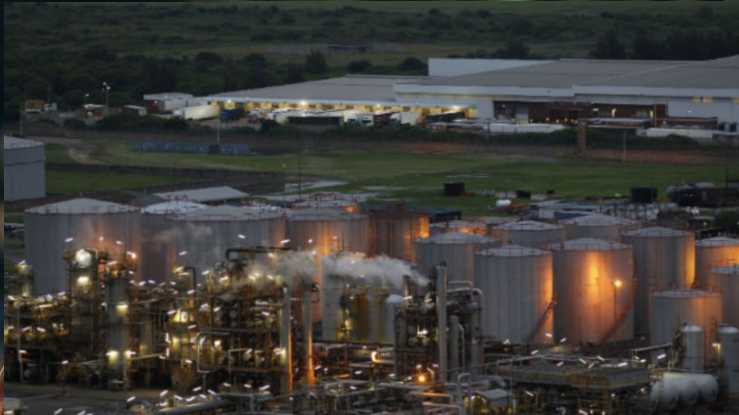South Africa Weighs Nuclear Bids from Russia and Iran Amid U.S. Tensions
South Africa is actively considering bids from Russia and Iran to expand its civilian nuclear power capacity, a move that could strain relations with the United States and delay the renewal of a strategic energy pact. Minister of Mineral and Petroleum Resources, Gwede Mantashe, emphasized the country’s openness to proposals from all nations, stating, “We can’t have a contract that says Iran or Russia must not bid; we can’t have that condition.” This initiative aims to add 2,500 megawatts (MW) to the existing Koeberg nuclear plant, addressing persistent electricity shortages and reducing emissions.
The U.S. has expressed concerns over South Africa’s potential collaborations. President Donald Trump recently issued an executive order halting aid to South Africa, alleging, without evidence, that the nation is “reinvigorating its relations with Iran to develop commercial, military, and nuclear arrangements.” Despite these claims, President Cyril Ramaphosa’s office clarified that there is no bilateral cooperation with Iran on nuclear power or related technologies.
The tender process for new nuclear projects, initially slated for the previous year, has faced delays due to legal challenges and the need for further consultations. The Democratic Alliance (DA) party and two non-governmental organizations have been at the forefront of legal actions opposing the procurement, leading to a postponement of the process by three to six months. Energy Minister Kgosientsho Ramokgopa acknowledged the necessity for greater public participation and adherence to regulatory conditions, emphasizing the government’s commitment to expanding nuclear capacity at a sustainable pace.
Historically, South Africa’s nuclear energy endeavors have been contentious. A significant 9,600 MW nuclear deal with Russia during former President Jacob Zuma’s tenure was nullified in 2017 following a court ruling that deemed the agreement unconstitutional due to a lack of transparency and public consultation. This past experience has heightened public scrutiny over current nuclear expansion plans, with concerns about potential financial, environmental, and health implications.
The potential involvement of Russia and Iran in South Africa’s nuclear projects may further complicate international relations. Analysts warn that such collaborations could deepen the existing rift with the United States, especially in light of recent allegations and aid suspensions. Additionally, the absence of a renewed civilian nuclear pact between Pretoria and Washington, following the lapse of the 1997 agreement in December 2022, raises concerns about South Africa’s ability to source reactor fuel and attract investments from U.S. companies in its nuclear sector.
As South Africa navigates its energy future, the government faces the challenge of balancing the urgent need for increased power capacity with diplomatic considerations and public apprehension. The outcome of this endeavor will significantly influence the nation’s energy landscape and its international relationships in the years to come.

